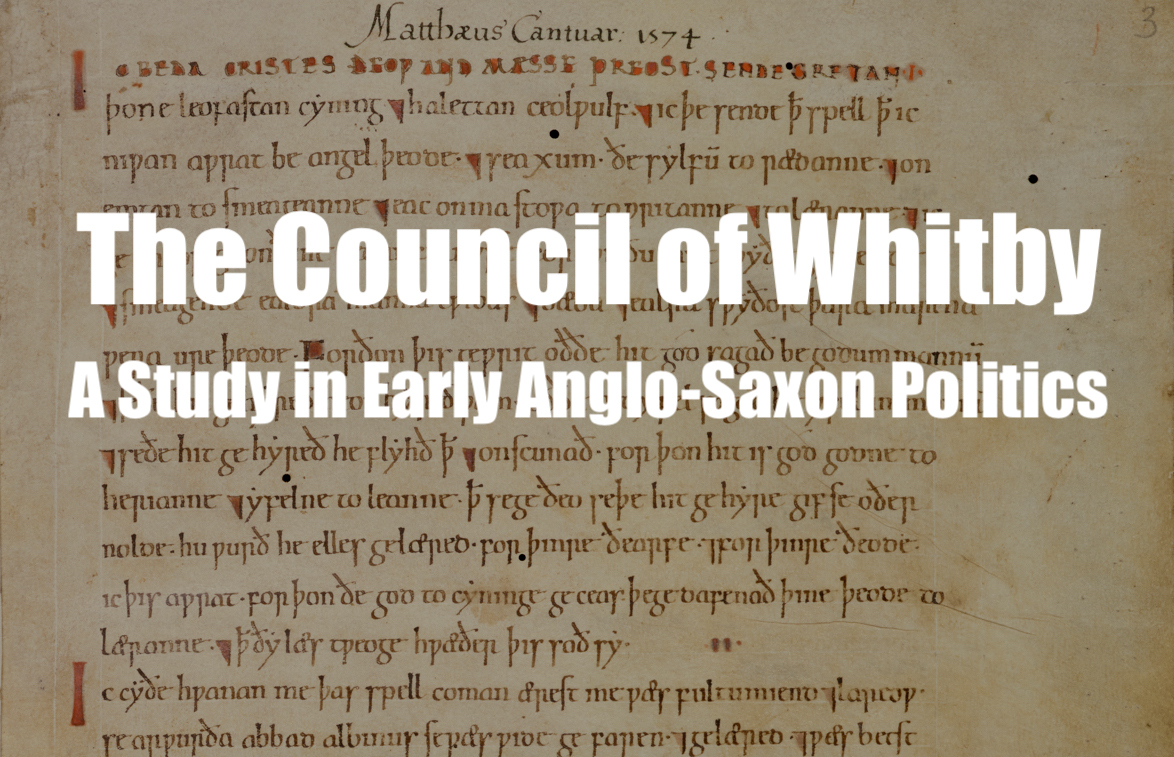
"The council at Whitby marked a decisive victory for the Roman Church, with King Oswiu choosing to prioritize the teachings of Peter over local traditions, thus unifying Northumbria's ecclesiastical leadership."
"Bede portrayed the outcome of the Whitby council as pivotal, as it indicated a shift away from local practices toward adherence to the broader Catholic tradition of the Church."
"While Bede provided the dominant narrative of the council's significance, contemporary accounts from figures like Eddius offer additional perspectives, prompting historians to question the absolute nature of Bede's success."
"Oswiu's conversion at Whitby was not just a personal or regional moment, but a crucial step toward the larger narrative of Christian unity across Britain and the reestablishment of ecclesiastical authority."
The Council of Whitby in 664 A.D. represented a critical moment in English ecclesiastical history, where King Oswiu of Northumbria favored the Roman tradition over the local Iona practices regarding Easter. This decision not only altered the religious landscape of the time but also signaled a step towards greater Christian unity. Bede's writings largely shaped the understanding of this council's impact, emphasizing the triumph of Roman Christianity, though contemporary accounts, like that of Eddius, invite further analysis of its true significance.
Read at Medievalists.net
Unable to calculate read time
Collection
[
|
...
]